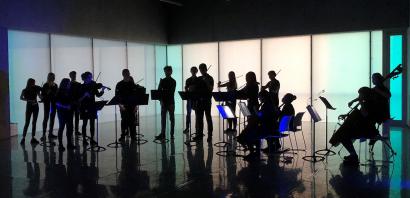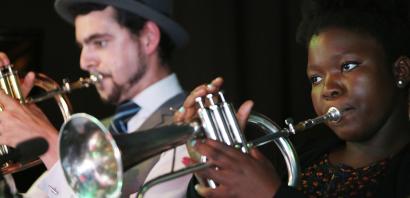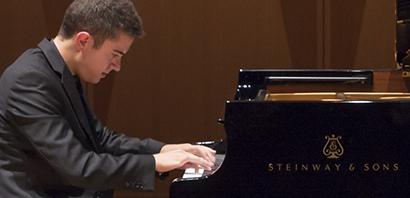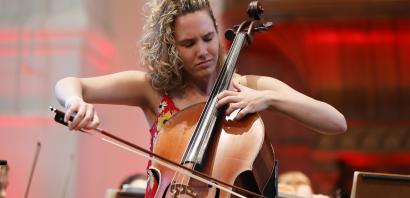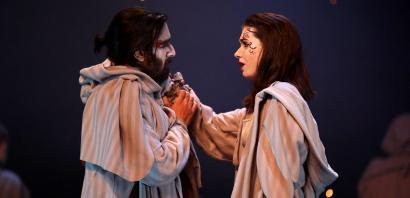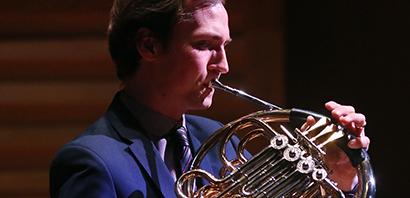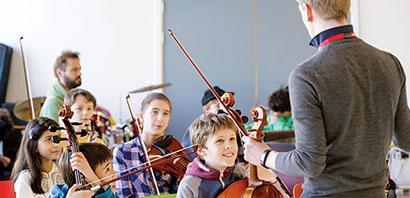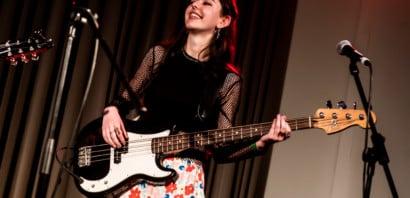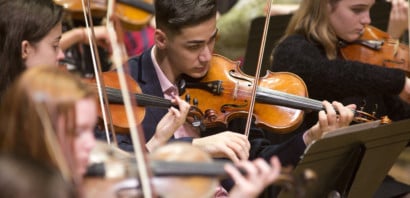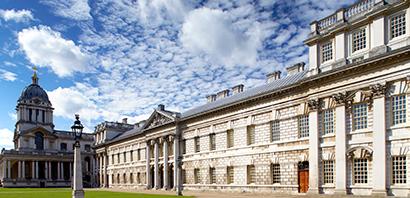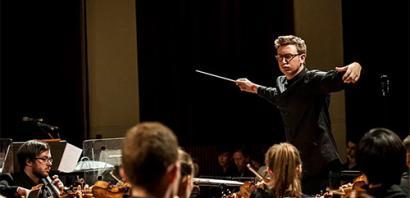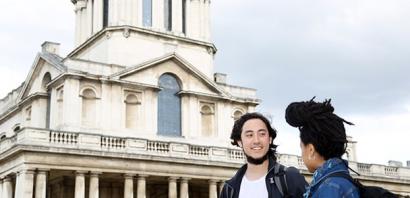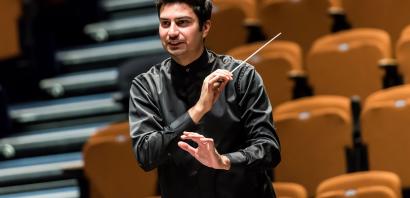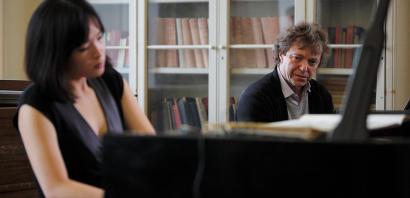Music at Trinity Laban
Related information
Music at Trinity Laban
Go on a journey
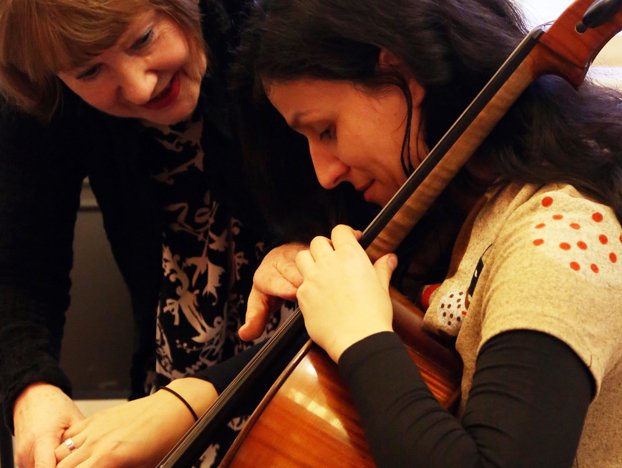
-
News
Trinity Laban Symphony Orchestra celebrates the work of Black British composers
This spring, Trinity Laban Symphony Orchestra performed works by Eleanor Alberga and Daniel Kidane, alongside Britten’s orchestral interludes from his best-known opera and a new work by one of TL's talented composition students.Mon 22 April 2024 -
News
Celebrated pianist Hiroaki Takenouchi visits Trinity Laban
We welcomed acclaimed pianist Hiroaki Takenouchi to Trinity Laban in March for a special event celebrating International Women's Week.Fri 19 April 2024

